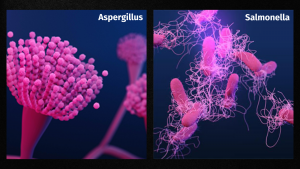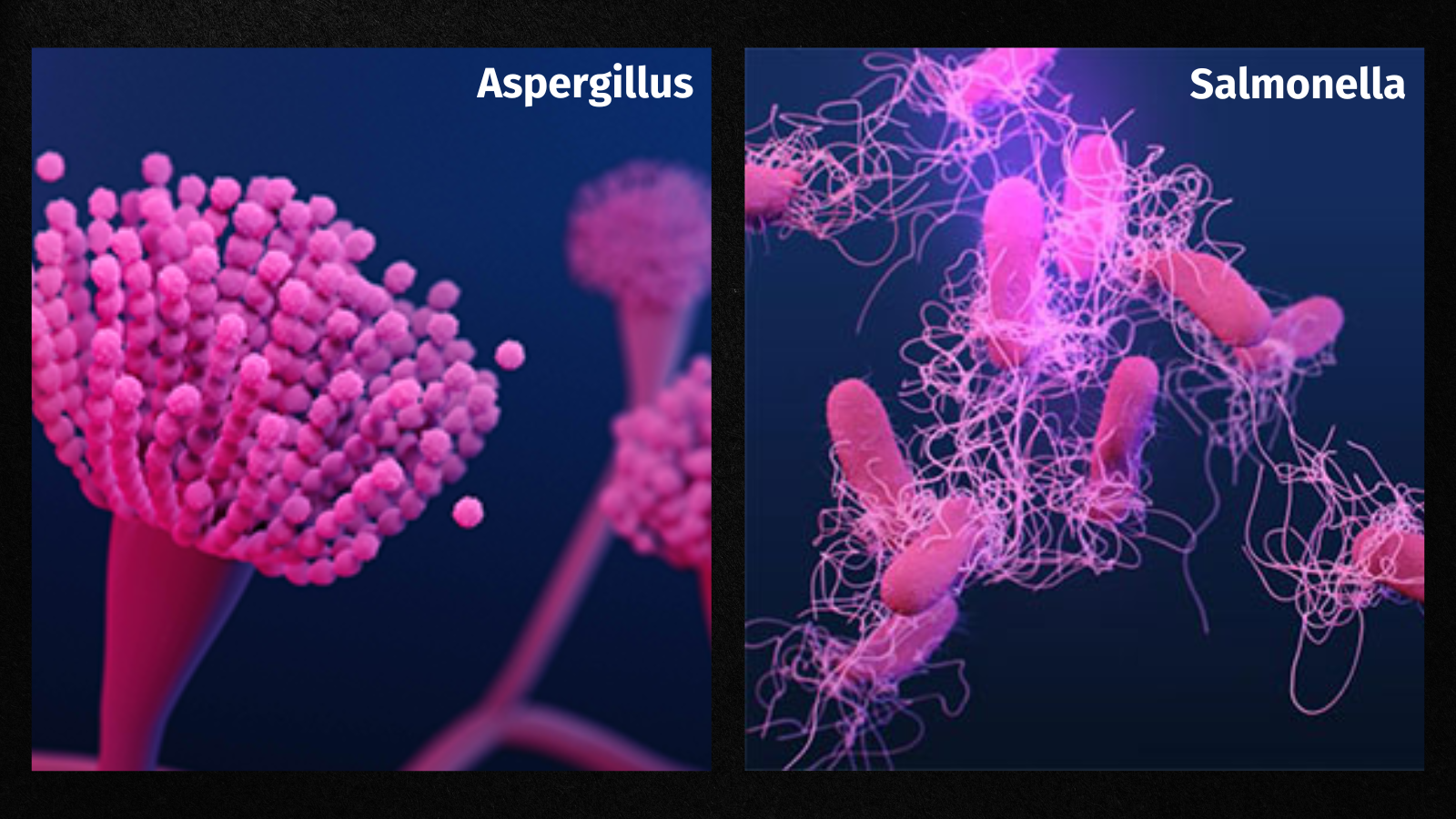 More than 10 years ago, Arizonans voted to approve the implementation of the Arizona Medical Marijuana Program. In 2020, the program expanded with the passing of Prop 207, allowing for the adult recreational use of marijuana. There are now many dispensaries and adult-use facilities statewide, where adults above the age of 21 can purchase marijuana for personal use. These products are subject to laboratory testing.
More than 10 years ago, Arizonans voted to approve the implementation of the Arizona Medical Marijuana Program. In 2020, the program expanded with the passing of Prop 207, allowing for the adult recreational use of marijuana. There are now many dispensaries and adult-use facilities statewide, where adults above the age of 21 can purchase marijuana for personal use. These products are subject to laboratory testing.
Several times this year, as recently as yesterday, marijuana-related products have been voluntarily recalled because of suspected contamination.
What is the process from suspected contamination to recall?
If a product has been distributed publicly, the Arizona State Health Laboratory Compliance Team checks the product for a wide range of potential contaminants (found in table 3.1). Specific products are tested for contaminants relevant to them. For example, inhalable products (i.e., marijuana that can be inhaled) is tested for the Aspergillus fungus, but edible products are not.
The Arizona State Health Laboratory’s Compliance Team conducts inspections and audits on marijuana products for sale across the state. These inspections are scheduled with laboratories on an annual basis, but if a complaint is received another unannounced inspection will be conducted as well.
If inspectors find any discrepancies between test results from a product and equipment documentation, they look into it. If a product is suspected to be contaminated, ADHS scientists start to determine the cause. This begins with checking the equipment logs: all laboratory instruments keep an internal log of any failed tests.
Once it is determined a recall is required, based on the program’s process, a member of the ADHS Licensing team reaches out to the marijuana facility to determine if any of the product was sold to the public or if the facility has any remaining product that needs to be quarantined.
The ADHS team will then have the facility answer a questionnaire including the name of the product, when it was harvested, and what products were used to grow it. Typically, the facility will then have their original sample sent to two different laboratories for repeat testing. If the tests are negative for the suspected contaminants, the product can be sold and no recall is necessary.
So far, marijuana sold in Arizona has had recalls for Aspergillus and Salmonella contamination.
Aspergillus is a very common fungus that commonly affects those with weakened immune systems, weakened lungs, or who are allergic to the fungus. Those affected may experience headache, cough, wheezing, shortness of breath, or fever.
Salmonella is a more well-known pathogen that can cause diarrhea, fever, and can sometimes result in more severe symptoms such as bloody stools or dehydration from vomiting and diarrhea.
When conducting a recall, ADHS includes a brief explanation of how the contaminated product was discovered, the cultivator’s name, the name of the product, the type of product, and the batch number. Consumers can find that information on the product’s label. Other information, such as names of dispensaries selling the product, are not included because it may not be a comprehensive list and could give consumers a false sense of security.
If you have a product that has been recalled, it’s important that no one consumes the product. You should either dispose of it, try to return it, or hold on to it to see if the product is retested and the recall is updated.
Sometimes, ADHS will initiate a recall in an abundance of caution to prevent the public from consuming products initially testing positive for contamination, only to have repeat laboratory testing show the product was not contaminated. In those instances, ADHS will issue an update on the product recall notifying the public.
So far, ADHS has not received notification of any confirmed illnesses from the consumption of a contaminated marijuana product. We issue recalls out of an abundance of caution and in an effort to protect the public from illness. Learn more about the Marijuana program in Arizona on our website or sign up to receive these emails to stay up-to-date on a variety of public health topics, including marijuana.










